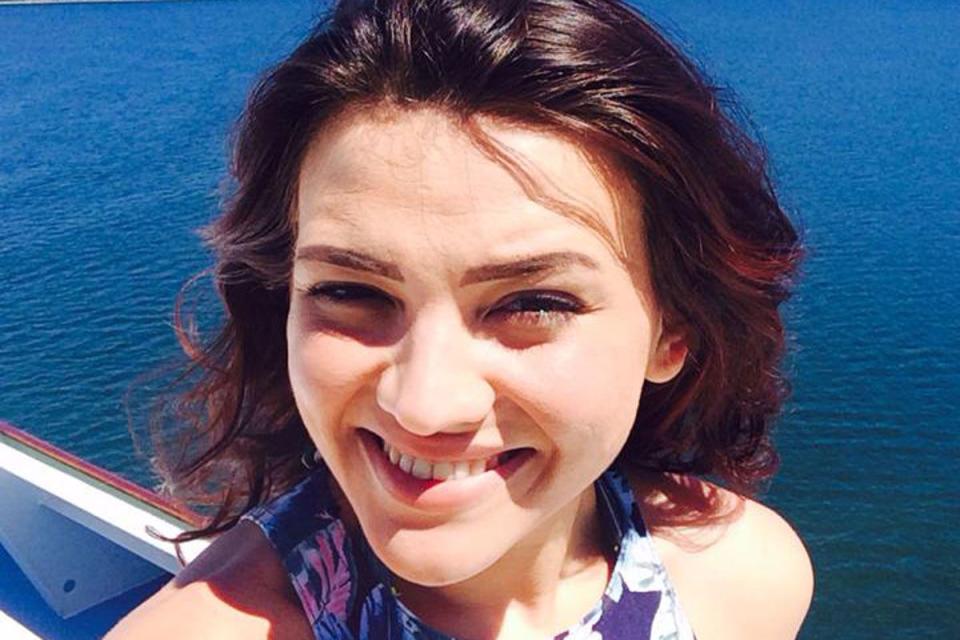Woman, 30, Dies After Blood Clot Symptoms Were Dismissed Twice as 'Long COVID and Anxiety'
Emily Chesterton died after a blood clot in her leg resulted in a pulmonary embolism

Emily Chesterton/Facebook
Emily ChestertonA U.K. actress died from a blood clot after her symptoms were dismissed as anxiety.
Just weeks after her 30th birthday, Emily Chesterton — who was from Manchester but moved to London to pursue acting — called her doctor’s office to make an appointment. She was complaining of pain in her calf, which had become hard.
During her first visit, she was given paracetamol, to treat mild pain. However, her symptoms got worse and Emily’s mother, Marion Chesterton, told the BBC, "She was breathless, light-headed and she had difficulty walking.”
Marion said Emily later went to a second appointment and a physician's assistant (PA) diagnosed her with “a calf sprain, long-Covid and anxiety." However, she said that her daughter's calf was never examined during the appointment.
It was later discovered that Emily’s pain was due to a blood clot in her left leg, which resulted in her dying of a pulmonary embolism — a serious condition in which one or more arteries has been blocked by a blood clot.
During both visits, Emily was reportedly seen and treated by only a PA. In a GoFundMe page, Emily’s father, Brendan Chesterton, said his daughter was under the impression that she was seeing a doctor rather than a PA, who he claimed “failed on both occasions to spot Emily’s leg pain was in fact a blood clot which ultimately traveled to her lungs.”
Related: Teacher Was Diagnosed with Cancer After a Nurse Dismissed Her Symptoms for a Year as 'Anxiety'

Emily Chesterton/Facebook
Emily ChestertonNever miss a story — sign up for PEOPLE's free daily newsletter to stay up-to-date on the best of what PEOPLE has to offer, from celebrity news to compelling human interest stories.
According to Brendan, the coroner’s report stated: “She should have been immediately referred to a hospital emergency unit. If she had been on either occasion, the likelihood is that she would have been treated for pulmonary embolism and would have survived.”
Now, in their daughter’s honor, Marion and Brendan are backing a new guidance issued by the British Medical Association — Safe Scope of Practice for Medical Associate Professionals — which states that PAs “must not make independent management decisions for patients nor be responsible for initial assessments of patients and diagnosis.”
While speaking at an event for the launch of the new guidance, Emily’s parents said that their daughter would “100%” still be alive if it had been in place before her death.
The Vale Practice in London, which treated Emily, told BBC that it was "deeply saddened" by her death and following a "thorough" review, they now only provide appointments with general practitioners (GPs), nurses and pharmacists.
The practice also noted that staff has been told to ensure that "a patient understands their role at the start of each appointment."
For more People news, make sure to sign up for our newsletter!
Read the original article on People.


